Description Carvedilol 6.25mg Tablets are a prescription medication containing Carvedilol, a non-selective beta-blocker and alpha-1 blocker used to manage high blood pressure (hypertension), heart failure, and left ventricular dysfunction after a heart attack. It works by relaxing blood vessels and slowing heart rate, reducing the workload on the heart and improving blood flow. This oral tablet is suitable for adults needing cardiovascular support, often as part of a broader treatment plan.
Ingredients Carvedilol 6.25mg.
Drug Class Beta-Blocker / Alpha-1 Blocker / Antihypertensive.
Dosage Form Tablet (Pack of 30 tablets).
Uses Carvedilol Tablets are prescribed for:
- Managing high blood pressure (hypertension).
- Treating mild to severe heart failure.
- Improving survival and heart function post-myocardial infarction with left ventricular dysfunction.
- Reducing cardiovascular strain in at-risk patients.
- Adjunct therapy with other heart medications.
Doctor’s Review Cardiologists frequently prescribe Carvedilol for its dual action on blood pressure and heart rate. As one specialist notes: “Carvedilol is a cornerstone for heart failure and hypertension management. Its balanced beta and alpha blockade offers effective control with a tolerable side effect profile, though patients need monitoring for dizziness during dose adjustments.”
Dosage (Follow physician’s instructions — typical guideline)
- Adults: Take one 6.25mg tablet by mouth once daily, with or without food.
- Hypertension: May increase to 12.5mg or 25mg daily after 7-14 days, based on response.
- Heart Failure: Start at 3.125mg twice daily; titrate up slowly to 25mg twice daily max.
- Post-MI: Start at 6.25mg twice daily; adjust as tolerated.
- Maximum dose: 50mg daily (divided doses). Do not stop abruptly—taper off.
In Case of Overdose Overdose may cause severe low blood pressure, slow heart rate, or heart failure symptoms like shortness of breath. Seek emergency medical help immediately. Treatment includes supportive care (e.g., IV fluids, atropine, or glucagon) and monitoring in a hospital setting.
Missed Dose Take as soon as remembered unless close to the next dose. Do not double up, as it risks hypotension or bradycardia. Resume your schedule and consult your doctor if unsure.
How to Use
- Swallow tablet whole with water; take consistently with or without food.
- Take at the same time daily for steady effects.
- Monitor blood pressure and heart rate as advised.
- Avoid sudden standing to prevent dizziness.
- Do not stop without medical guidance to avoid rebound hypertension.
When Not to Use Avoid Carvedilol if:
- Allergic to Carvedilol or any excipients.
- Severe asthma or bronchospastic conditions (e.g., COPD with wheezing).
- Severe liver disease or decompensated heart failure.
- Second- or third-degree heart block, sick sinus syndrome, or severe bradycardia without a pacemaker.
- Cardiogenic shock or recent use of MAO inhibitors.
Side Effects Common:
- Dizziness, fatigue, headache.
- Nausea, diarrhea, abdominal pain.
- Low blood pressure, weight gain (in heart failure).
Uncommon / Severe (Stop and seek medical help):
- Severe bradycardia or fainting.
- Worsening heart failure (swelling, shortness of breath).
- Allergic reactions (rash, swelling, breathing difficulty).
- Vision changes or severe hyperglycemia.
Precautions & Warnings
- Inform your doctor of asthma, diabetes, liver issues, or thyroid disorders—may mask low blood sugar signs or worsen certain conditions.
- Risk of dizziness highest when starting or increasing dose—avoid driving until stable.
- Monitor for fluid retention in heart failure patients.
- Taper off gradually to prevent heart rate or blood pressure spikes.
- Not for acute heart attack—stabilize condition first.
Drug Interactions
- Increase effects: Other antihypertensives, digoxin, or CYP2D6 inhibitors (e.g., fluoxetine).
- Reduce efficacy: Rifampin, NSAIDs (e.g., ibuprofen).
- Risky combos: Insulin/oral hypoglycemics (masks hypoglycemia signs), clonidine (rebound hypertension if stopped abruptly).
Food Interactions
- Take with or without food; food may reduce dizziness by slowing absorption.
- Avoid grapefruit juice—increases drug levels.
- Limit alcohol to prevent excessive blood pressure drops.
Storage/Disposal
- Store at room temperature (15-30°C), away from light and moisture.
- Keep in original packaging, out of reach of children.
- Dispose via pharmacy take-back programs; do not flush.
Quick Tips
- Check blood pressure regularly at home.
- Rise slowly from sitting to avoid lightheadedness.
- Report swelling or breathing issues promptly.
- Pair with a low-salt diet for better BP control.
- Keep a log of side effects for your doctor.
Disclaimer This information is provided for educational purposes only and does not replace medical advice. Use only under the supervision of a licensed physician. Do not self-medicate.

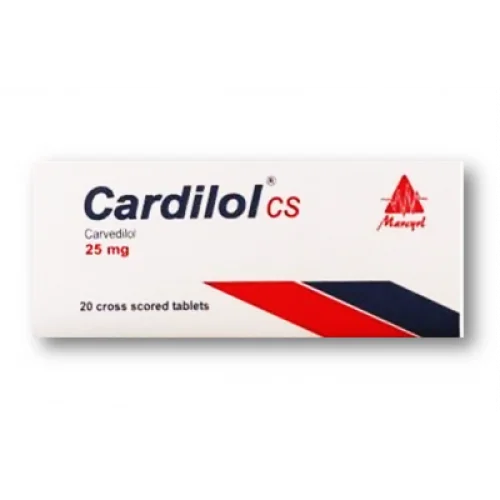
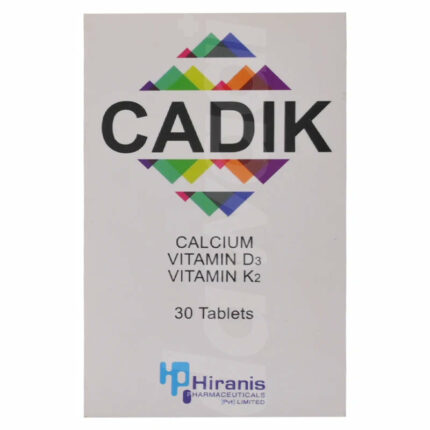
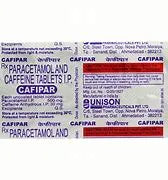
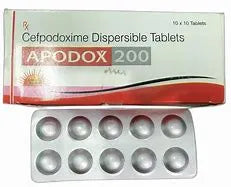
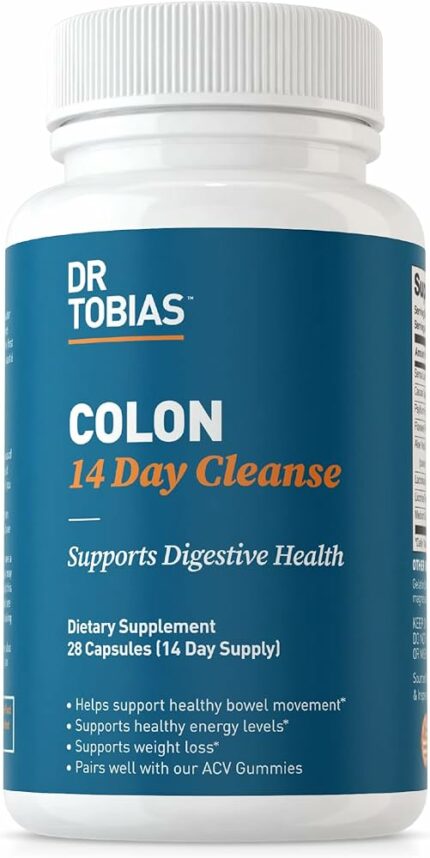
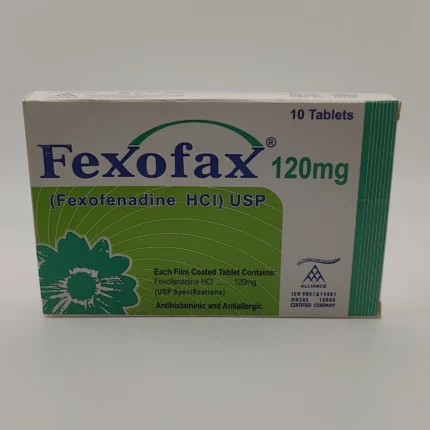

Reviews
There are no reviews yet.